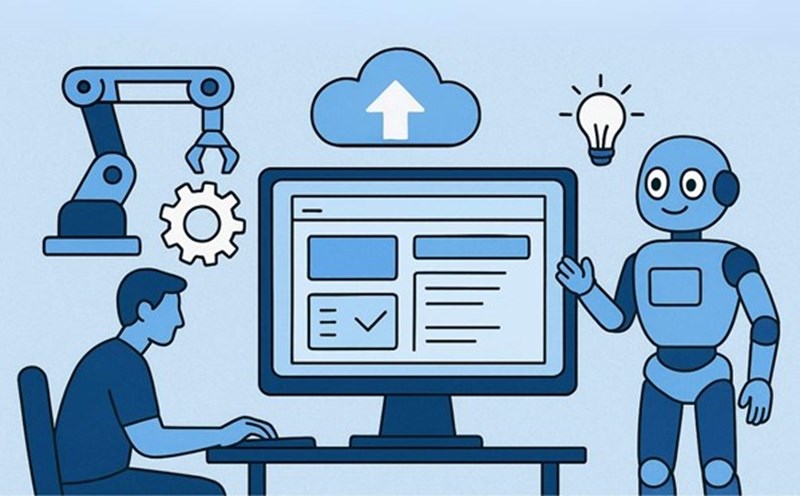Technology companies are pouring hundreds of billions of dollars into AI chips, computing power, data centers and other infrastructure in the race to deploy artificial intelligence, promising to bring significant productivity increases.
However, IMF chief economist Pierre-Olivier Gourinchas warned that this explosion could lead to a dot-com bubble collapse, but is unlikely to become a systemic crisis affecting the US or global economy.
Gourinchas believes there are many similarities between the internet stock bubble in the late 1990s and the current AI boom.
Both periods saw stock valuations increase based on expectations of breakthrough technology, while boosting consumption, contributing to increased inflationary pressures.
He emphasized that, unlike the current systematic bubble periods, investment in AI is mainly based on available capital from technology companies, not using leverage, so if the market adjusts, only a few shareholders will suffer losses.
However, Gourinchas noted that the economic benefits of AI have not yet been realized.
Like previous internet stocks, current investments have not brought in the same revenue, but the scale of the AI boom is now smaller than in the dot-com period, with an investment rate of less than 0.4% of US GDP since 2022, compared to 1.2% of GDP in the 1995-192000 period.
Although the direct impact on the financial system may be limited, AI valuation adjustments can still affect market sentiment, risk tolerance and broader asset valuation, affecting non-bank financial institutions.
Meanwhile, the IMF's World Economic outlook report acknowledged that AI investment is a factor driving global growth this year, along with relatively easy financial conditions and stable US tariffs.
However, Gourinchas warned that rapidly increasing investment and consumption are putting inflationary pressures, even as productivity has not improved.
The IMF forecasts US consumer price inflation to fall slightly to 2.7% in 2025 and 2.4% in 2026, slower than the Federal Reserve's 2% target.
Other factors such as reduced immigration, limited labor supply and the delay from tariffs also contribute to keeping inflation high.
Gourinchas said that importers and exporters are burdening the tariff costs that have not been fully transferred to end consumers, similar to previous academic analysis and survey of businesses.
In general, the AI explosion can create valuation adjustments and risks for some investors, but does not threaten to stabilize the financial system, while still bringing long-term growth potential if the benefits of technology are realized.











